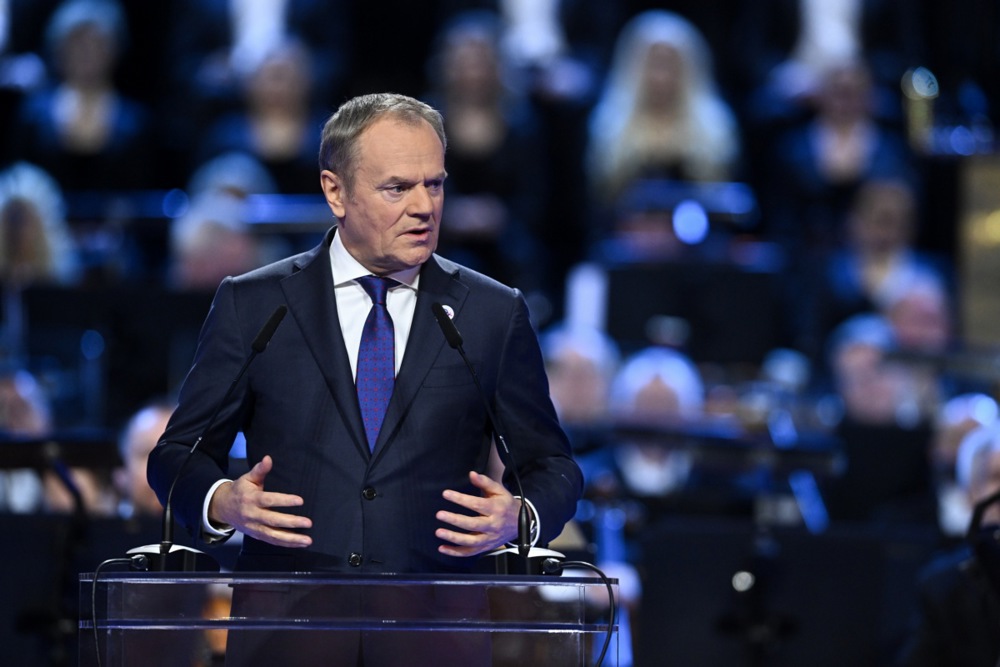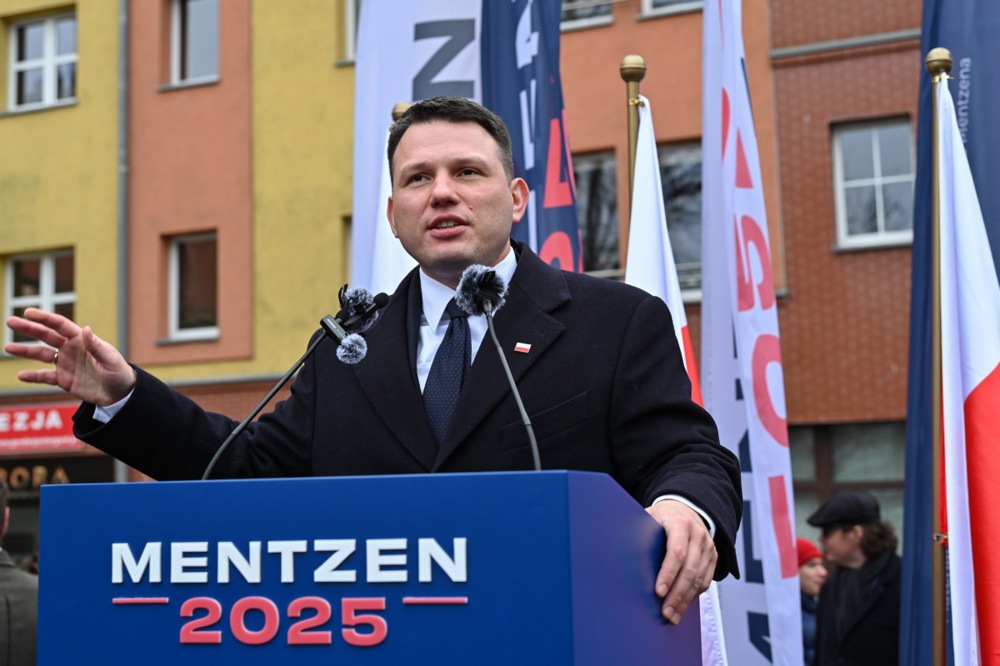A new survey showed that Poles were now more than ever opposed to replacing the national currency, the zloty, with the euro.
Commissioned by the Warsaw Enterprise Institute (WEI) think-tank and carried out by the Ariadna polling agency in March, it found that 74 per cent of respondents opposed adopting the euro, while 26 per cent supported entering the eurozone.
According to the survey, support for Poland’s entry into the eurozone was down from the 31 per cent recorded in a Eurobarometer study in January.
The study showed that almmost half of Poles (49 per cent) saw no benefits at all to switching to the euro.
As for the negative consequences of adopting the currency most respondents (51 per cent) pointed to price increases and a decline in the standard of living.
The second-most frequently mentioned drawback was “regret” over losing Poland’s own currency (26 per cent).
Participants were also asked about potential benefits of adopting the euro. The most commonly cited advantages were the elimination of currency exchange risks (22 per cent) and easier international settlements for businesses (18 per cent) followed by greater economic stability (13 per cent).
Among respondents who declared strong support for the European Union, 49 per cent favoured the switch to the euro, while of those critical of the bloc “practically all were against changing the currency”, according to the survey.
It also found that political party allegiance heavily influenced opinions on adopting the euro in Poland: 52 per cent of Prime Minister Donald Tusk’s centre-left Civic Coalition party supporters wanted Poland to adopt the euro, compared to just 8 per cent of Conservative (PiS) voters.
“The issue of Poland joining the eurozone has always been a polarizing topic in public debate,” the WEI stated in presenting the survey.
“On the one hand, Poland is obligated by treaty to adopt the euro, but on the other, no deadline has been set,” it noted.
When joining the EU 20 years ago, Poland committed to replacing its domestic currency with the common European currency.
The think-tank added that Polish politicians had long delayed the decision to join the eurozone, as public support for the euro has remained relatively low since the country joined the EU in 2004.





